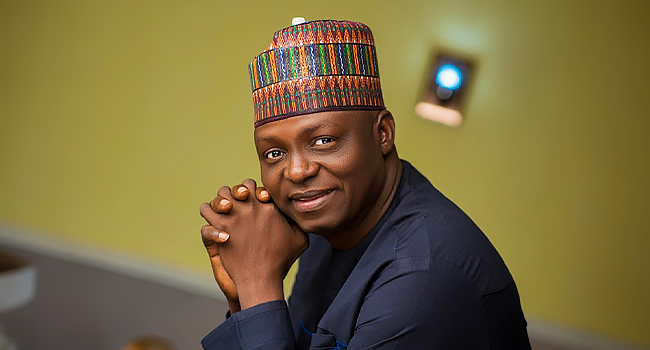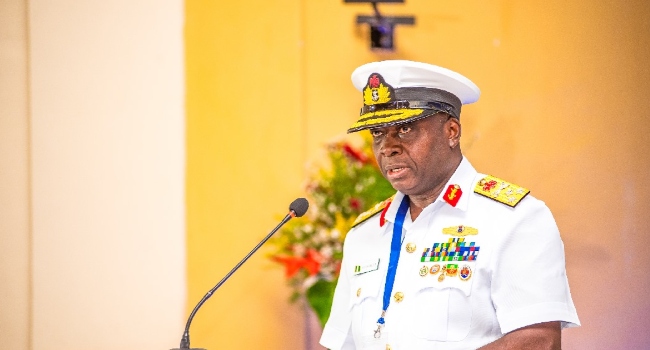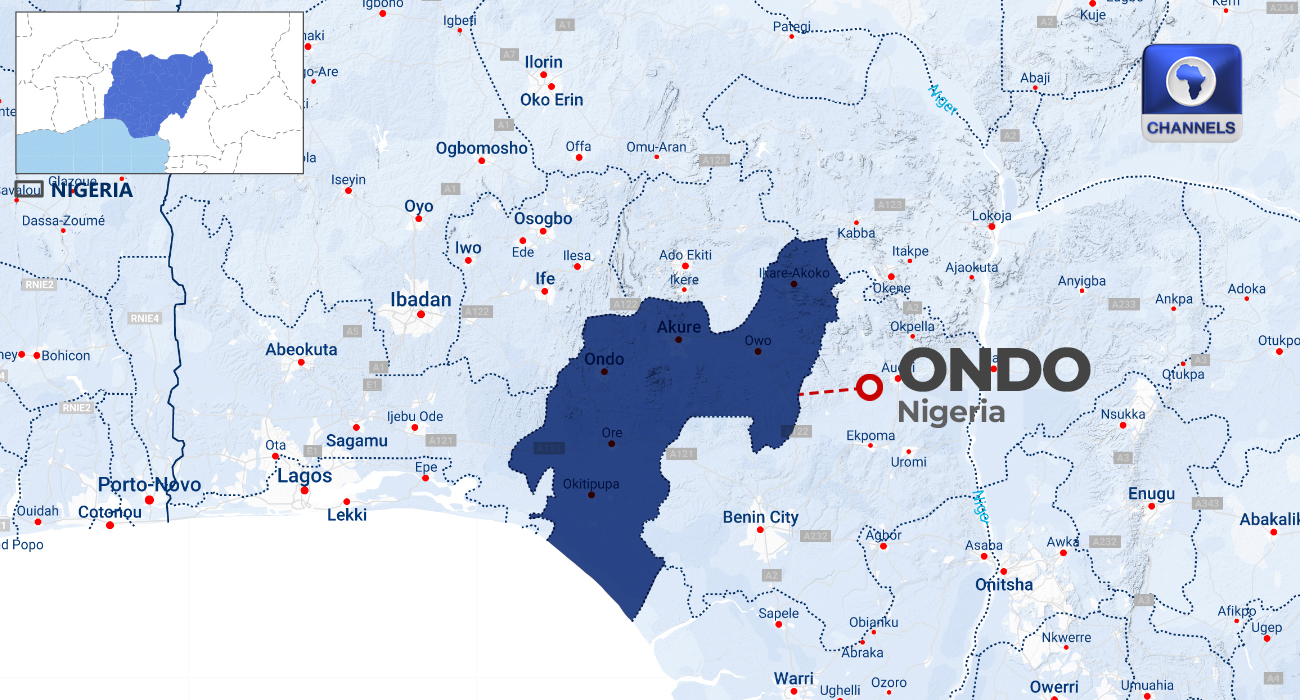The Supreme Court of Nigeria’s Federal High Court has dismissed a lawsuit brought against Senate President Godswill Akpabio that challenged the legality of Kogi Central Senator Natasha Akpoti-Uduaghan’s six-month suspension for alleged misconduct.
Ovavu Illiyasu and nine others filed the lawsuit, but the judge decided against it because the plaintiffs lacked locus standi (legal standing) to bring the matter before the court.
The lawsuit, which was filed on FHC/ABJ/CS/654/2025, sought to determine Natasha Akpoti-Uduaghan’s eligibility for suspension for a variety of reasons.

The plaintiffs, among other things, requested that the suspension be voided because they thought their Senatorial District would suffer and demanded that she be immediately called in for her immediate recall.
Justice Omotosho entered a judgment on Friday, ruling that the plaintiffs lacked the necessary locus standi to file the lawsuit. The lawsuit was later dismissed due to lack of merit.
Suspension and Resumption

Senator Akpoti-Uduaghan, who has been suspended for six months, made her return to her seat at the National Assembly on September 23.
The Senate standing rules’ allegations that the suspension started on March 6 led to the suspension.
Despite this, Akpoti-Uduaghan maintained her status as a senator, claiming that she had never had any shortcomings.
By removing her office’s door, which is located in Suite 2.05 of the Senate Wing, the National Assembly restored her access to the building.

READ ALSO: Police Are Still Receiving Court Order Regarding Tinted Glass Permit.
During her suspension, the office was kept secret for six months. Alabi Adedeji, the deputy director of the Sergeant-at-Arms, unlocked the office to confirm her anticipated resumption of legislative responsibilities and official recognition of her official return to the National Assembly.
Her followers, who had previously attended a defamation case filed by Akpabio and former Kogi State governor Yahaya Bello, applauded her return.
Her supporters celebrated her return as the Senate was currently in recess, putting an end to her suspension.
Akpoti-Uduaghan had filed a lawsuit against her suspension and had previously vowed to resume her duties. The Senate decided, however, that the court case would not be decided until the woman’s suspension was resolved.
The Senate maintains that no administrative action will be taken until the Court of Appeal renders a decision, but the case is still being looked at legal.









